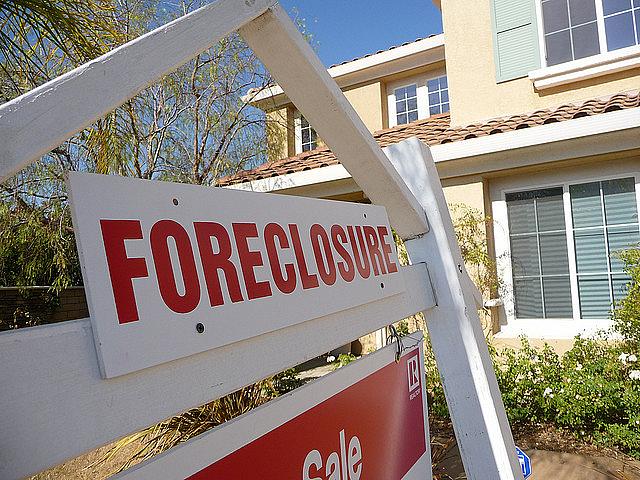Are Home Foreclosures Making Us Sick? Ideas for Your Reporting

 Before the recession and the foreclosures that have been its defining feature, Dr. Sanjay Basu mostly treated homeless patients in a clinic in San Francisco's down-and-out Tenderloin district.
Before the recession and the foreclosures that have been its defining feature, Dr. Sanjay Basu mostly treated homeless patients in a clinic in San Francisco's down-and-out Tenderloin district.
Now he sees families battered in mind and body after losing their homes. Often, they don't know where to turn for help.
Basu, along with New America Media editor Ngoc Nguyen, offered advice and background about covering the health impacts of home foreclosures to California Endowment Health Journalism Fellows gathered in Los Angeles this week for a reporting seminar.
"People say, I can pay my debt or my copay," said Basu, a University of California-San Francisco physician who also writes the EpiAnalysis blog. "Some of the (health) impacts of foreclosures can be hidden; diabetes and high blood pressure can be symptom free at first. But people wind up in the emergency room and die."
With about 1.2 million homes foreclosed on in California alone, the potential health impacts on families can be potentially devastating: depression, alcohol and drug abuse, domestic violence, heart disease, diabetes, malnutrition and even obesity as people turn to cheap fast food or forego food purchases altogether to pay mortgages or rent.
A growing body of research suggests the devastating stress of home foreclosures and their aftermath is taking a serious toll on homeowners nationwide. A recent National Bureau of Economic Research report found that people living in four states hard hit by foreclosures - California, New Jersey, Arizona and Florida - were significantly more likely to be hospitalized for diabetes, heart failure or high blood pressure than people in less-affected areas.
Basu has treated children with anemia and zinc deficiencies – hints of an inadequate diet. He also said he has seen some typical symptoms of substandard housing, including tuberculosis and scabies, among people who have moved from their homes into low-rent apartments.
But what are the solutions? Surprisingly, getting people back to work quickly after a layoff appears to stave off heart disease, researchers have found.
Ngoc Nguyen, who worked on the New America Media project Faces of Foreclosure: Repossessing the American Dream, also found churches to be a source of social and economic support for families facing foreclosure.
The series, which involved collaboration with ethnic media reporters and American University's Investigative Reporting Workshop, profiled 12 homeowners in various stages of losing their homes.
In the series, she said, "we're really just scratching the surface when it comes to reporting on the impact of foreclosures on health."
Nguyen said most of the homeowners profiled in the series were in their 50s or older, making their potential health impacts even more worrisome. Yet churches and family support seemed to help the homeowners, many of whom struck Nguyen as "surprisingly positive."
She recommended that reporters interested in covering these issues in their own communities seek out religious leaders, law enforcement, school officials and others who would help trace the impact of foreclosures not just on homeowners but on the community as a whole.
As foreclosure researchers Craig E. Pollack and Julia F. Lynch wrote in a New York Times editorial:
If we can't help them stay in their homes, the least we can do is help them stay alive.
Reporting Resources:
Are Foreclosures Making Us Sick? National Bureau of Economic Research Working Paper
Faces of Foreclosure: Repossessing the American Dream: New America Media series
Foreclosure and Health Status: Issue Brief from the Leonard Davis Institute of Health Economics
Photo credit: BasicGov via Flickr

